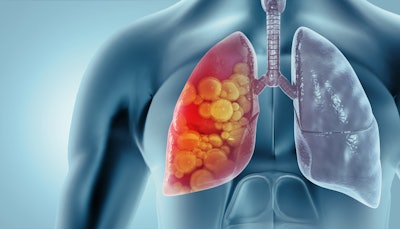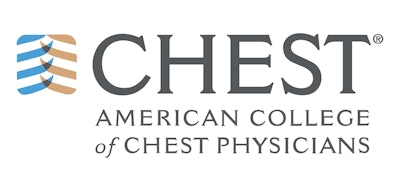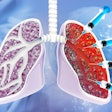
The American College of Chest Physicians (CHEST) has released a new clinical practice guideline, Management of Patients With Early-Stage Non-Small Cell Lung Cancer (NSCLC). Published in the journal, CHEST, the guideline contains 17 evidence-based recommendations to provide a framework for surgeons to implement.
“As with the release of any new guideline, our goal is to help standardize the approach to treatment and management of care,” said John Howington, MD, MBA, FCCP, lead author and 2025 president of CHEST. “Variable care is often associated with lower quality care, and guidelines are a great way to share best practices far and wide to improve patient outcomes.”

“In the time since the last guideline on this topic was published by CHEST, there have been several landmark trials that have taught us a lot about treating early-stage lung cancer,” Dr. Howington said. “As an example, we knew that there were short-term benefits to minimally invasive surgeries because of shorter hospital stays, less pain and the like, but now we have the evidence to show that minimally invasive surgery for stage I lung cancer is also associated with better long-term survival.”
Highlights of the 2025 guideline include:
- For patients with clinical stage I NSCLC, CHEST recommends minimally invasive approaches over thoracotomy.
- For patients with completely resected stage II NSCLC, CHEST recommends treatment with adjuvant chemotherapy.
- For patients with resected stage IB NSCLC and epidermal growth factor receptor ex19del/L858R mutations, CHEST recommends treatment with adjuvant targeted therapy.
- In medically fit patients with a peripheral equal or less to two centimeters solid or mostly solid clinical stage I NSCLC, CHEST recommends either lobectomy, segmentectomy or sublobar nonanatomic (wedge) resection as equivalent alternatives.
The previous clinical practice guideline on this topic was published by CHEST in 2013.























